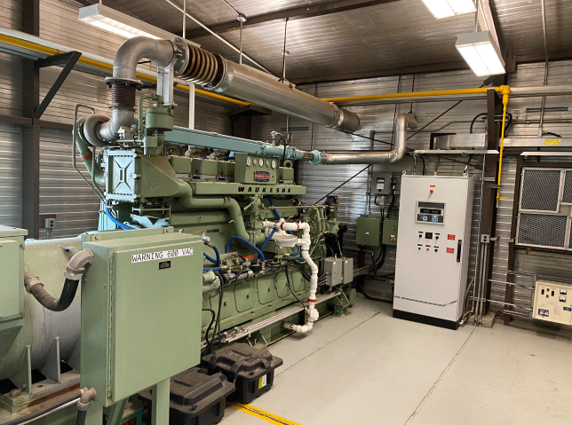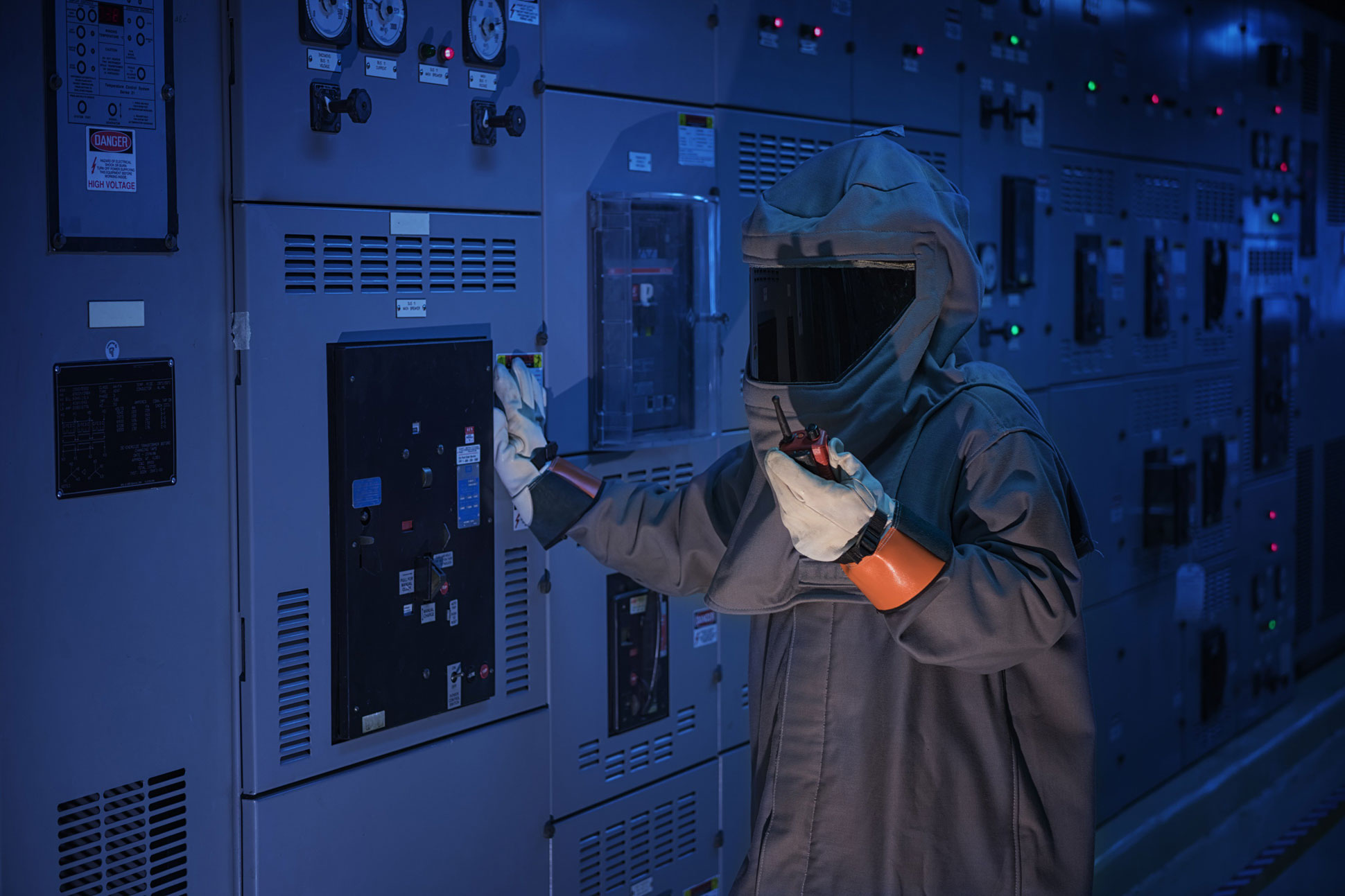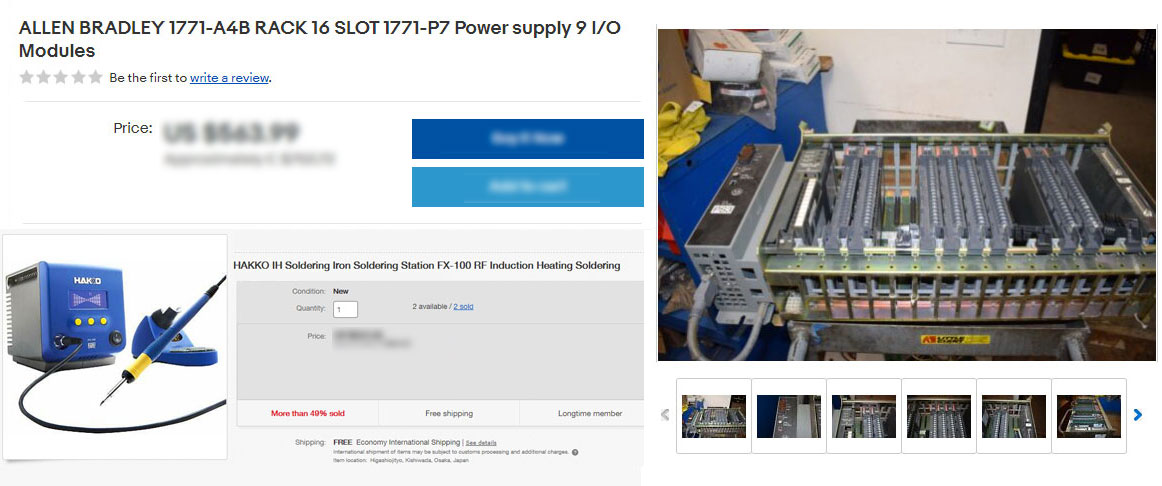Hydronics
Our client is a North American Energy provider of natural gas, crude oil and power facilities across North America highlighted with a natural gas pipeline system of 90,000+ kms which transports more than 25% of North American natural gas demand.
- Regional Manager
- Boiler Specialist
- Civil SME
- AOI Manager
- Mechanical SME
- PM
- Regional Mechanical Specialist
- Electrical SME
- Operations
- Regional Manager
- Boiler Specialist
- Civil SME
- AOI Manager
- Mechanical SME
- PM
- Regional Mechanical Specialist
- Operations
BASE CONCEPTS HAS AN EYE ON THE BIG PICTURE, WE COLLABORATE WITH OUR PARTNERS TO EXECUTE PROJECTS AND PROGRAMS TURNKEY TO OUR CLIENT’S GREATER SATISFACTION. WE DO WHAT WE SAY AND SAY WHAT WE DO.
- Complete a site audit to determine current challenges and identify equipment that requires replacement.
- Compile all existing data and drawings for existing installation and equipment in Hydronics System.
- Complete a Heat Study to determine BTU requirement of the facility, pump flow and pressure requirements.
- Ensure design parameters are identified including latest codes for boilers, and piping.
- Identify any ventilation issues and complete necessary upgrades as required.
- Design new engineered Hydronic system based off study and findings that includes (but not limited to) the following considerations: operability, maintenance, environmental impact (i.e., emissions, efficiency) and life cycle cost..
- Improved system reliability, decrease in call outs and reduced outage time.
- Elimination of spills and impact of glycol spills on the environment and decreased NOx emissions.
- Decrease in operational life cycle costs with energy efficient equipment.
- Overall driving to net zero emissions.

SYSTEM UPTIME INCREASED TO 99.9%
HSE
ELIMINATED CALL OUTS FOR OPERATIONAL STAFF DUE TO REGIONAL SYSTEM ISSUES

- REDUCED ENVIRONMENTAL IMPACT
- INCREASED EFFICIENCY FROM 50% TO OVER 85%
SYSTEM UPTIME INCREASED TO 99.9%
ELIMINATED CALL OUTS FOR OPERATIONAL STAFF DUE TO REGIONAL SYSTEM ISSUES
- REUCED ENVIRONMENTAL IMPACT
- INCREASED EFFICIENCY FROM 50% TO OVER 85%
- Motor Control Centres (MCC)
- Switch Gear
- Power Factor Correction
- Auxiliary Power Units
- PLC Controls
- Safety and Fire/Gas Protection
- Regulatory Compliance
- Motor Control Centres (MCC)
- Switch Gear
- Power Factor Correction
- Auxiliary Power Units
- PLC Controls
- Safety and Fire/Gas Protection
- Regulatory Compliance




